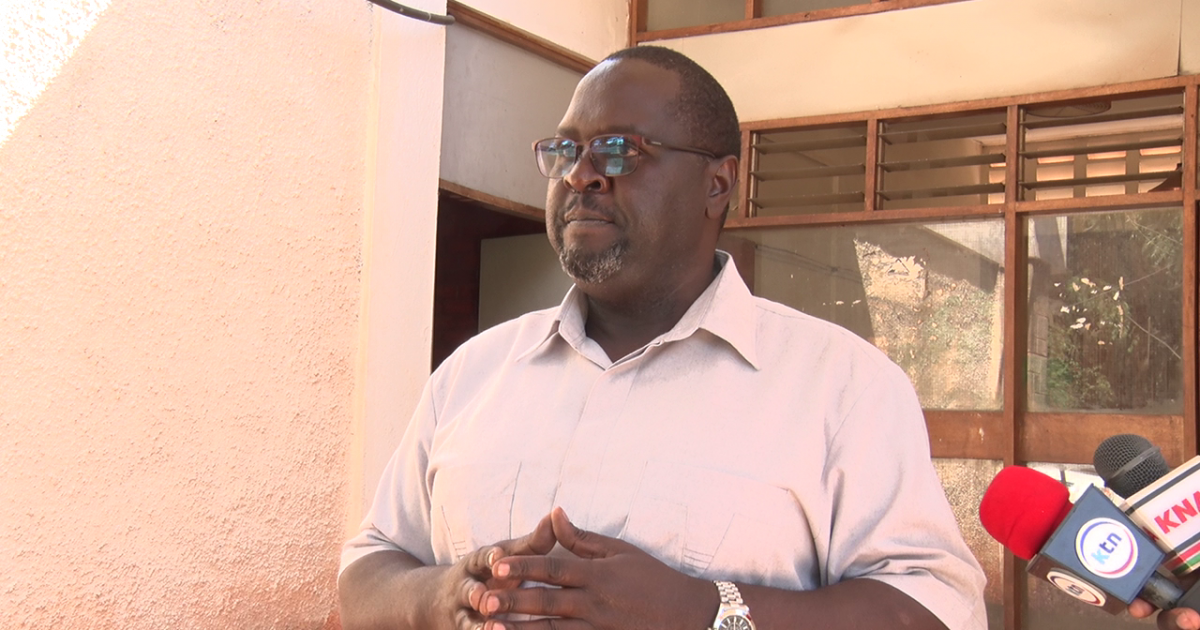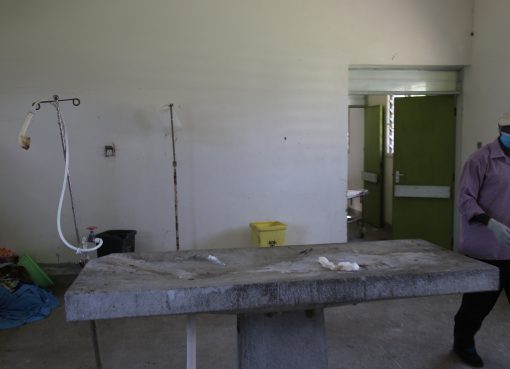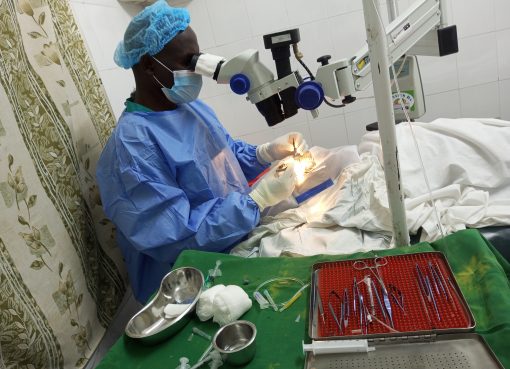The Government is set to release BT Maize variety to farmers in 2025 after the conclusion of national field trials.
Farmers have been urged to be ready to adopt the BT Maize varieties, which have been produced through the Genetically Modified Organism (GMO) technology, once they are released to the market.
National Biosafety Authority Director Legal Services, Moses Sande, has assured Kenyans that the BT Maize variety has undergone extensive tests, with scientists approving that it is safe for human consumption as well as animals and is not harmful to the environment.
Sande said that farmers are set to benefit from the BT Maize which withstands pests and is tolerant to the environment and vagaries of weather.
Sande was speaking during a public participation of the Environmental Release Application (Open Field Cultivation) and placing on the market of BT Maize varieties in Kenya at the Magharibi Hall in Kakamega on Monday.
He said that the Kenya Agricultural and Livestock Research Organization (KALRO), is in the last phase of research on the BT Maize variety, which will be subjected to field trials during the long rain season in 2025.
Sande said the field trials will be done in Busia, Kakamega, Machakos, Mombasa and Trans Nzoia at the KALRO fields for a period of three months after which the maize will be rolled out to farmers.
He noted that once the field trials are done to the satisfaction of both KALRO and the National Biosafety Authority, KALRO will announce certified seed producers where Kenyans will obtain seeds for planting.
Sande noted that the Authority is sensitizing Kenyans on the importance of GMO and its role to ensure that all GMO products entering the country undergo strict tests and trials to guarantee they are safe.
He said GMO technology has been in the world for the last 30 years, noting that Kenya is catching up with countries like the United States of America, South Africa, Brazil, Argentina among other nations which adopted the technology earlier.
Sande said one cannot differentiate between BT Maize and the conventional ones even in the field but added that there will be a noticeable difference when the conventional ones get attacked by pests and diseases while the BT variety survives.
“We have a pest called Maize stalk borer which attacks the stem of the maize and destroys the maize completely, we also have the Fall army worms. So the BT Maize has been prepared with high expertise such that the stalk borer and the fall army worms will be killed once they feed on that maize,” he clarified.
By Moses Wekesa





